
Greece, Iran, and the Rules of the Game
From Athens to Tehran, powerful countries make the rules and break the rules. Everyone else just squeezes the best deal they can — for now, anyway.

From Athens to Tehran, powerful countries make the rules and break the rules. Everyone else just squeezes the best deal they can — for now, anyway.

The Iran deal is “largely a win for those opposed to militarization,” says Phyllis Bennis
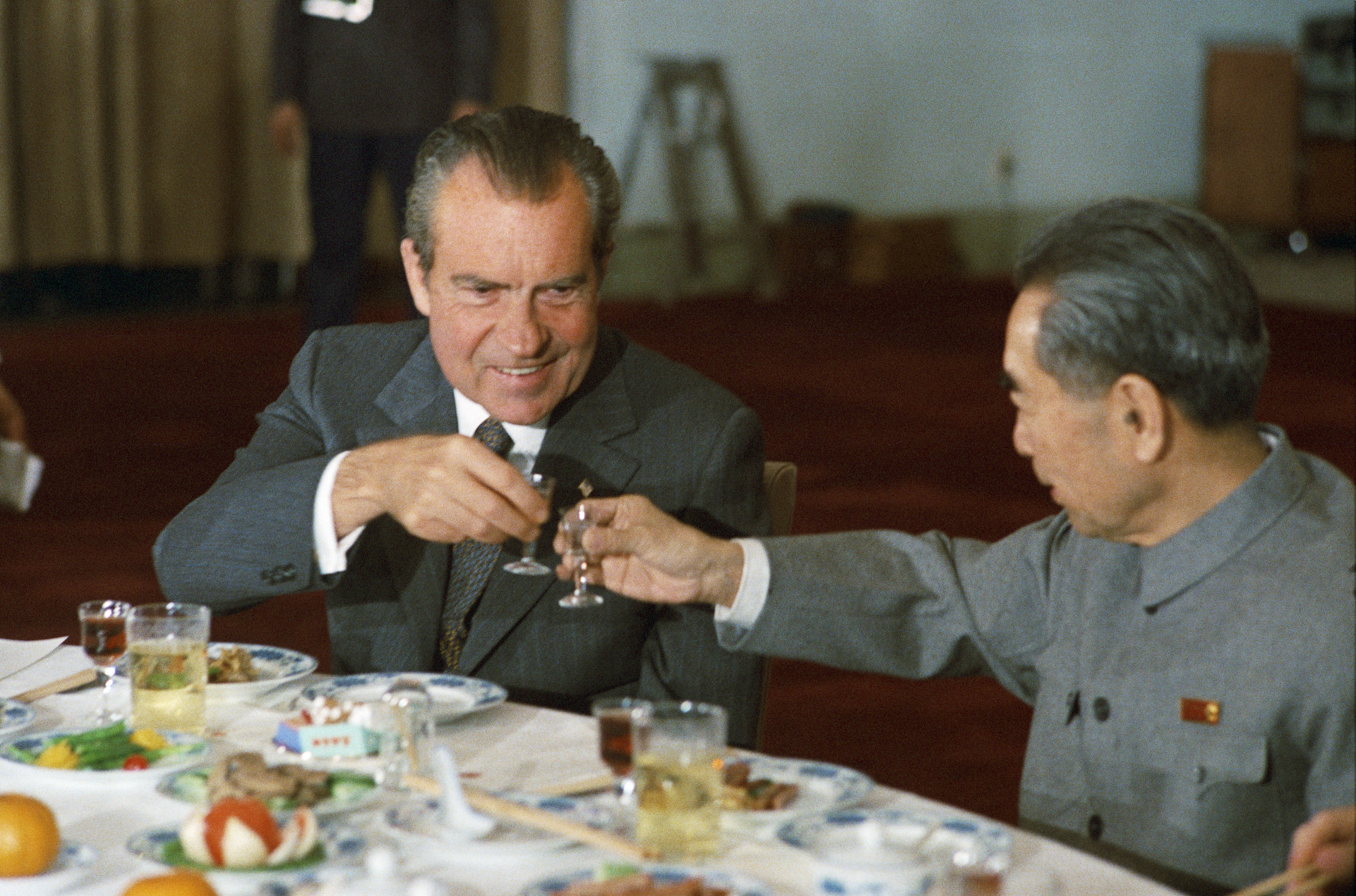
The nuclear deal with Iran, like Nixon’s opening to China in 1972, has the potential to be a geopolitical game changer — if it can get through Congress first.

Phyllis Bennis discusses the Iranian nuclear agreement as a beginning, not an end, for relations between the U.S. and Iran
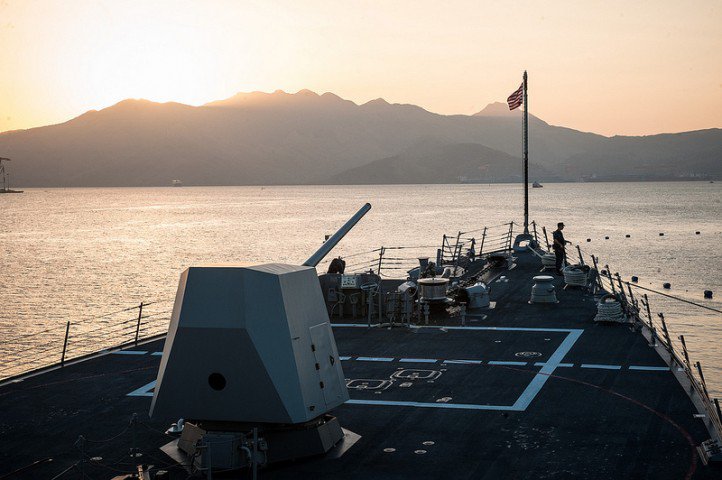
U.S. efforts to construct an “armed peace” in the Asia-Pacific are only encouraging a cycle of escalation.

Obama’s no peace president, but he’s won important diplomatic victories. Will they survive the 2016 election?
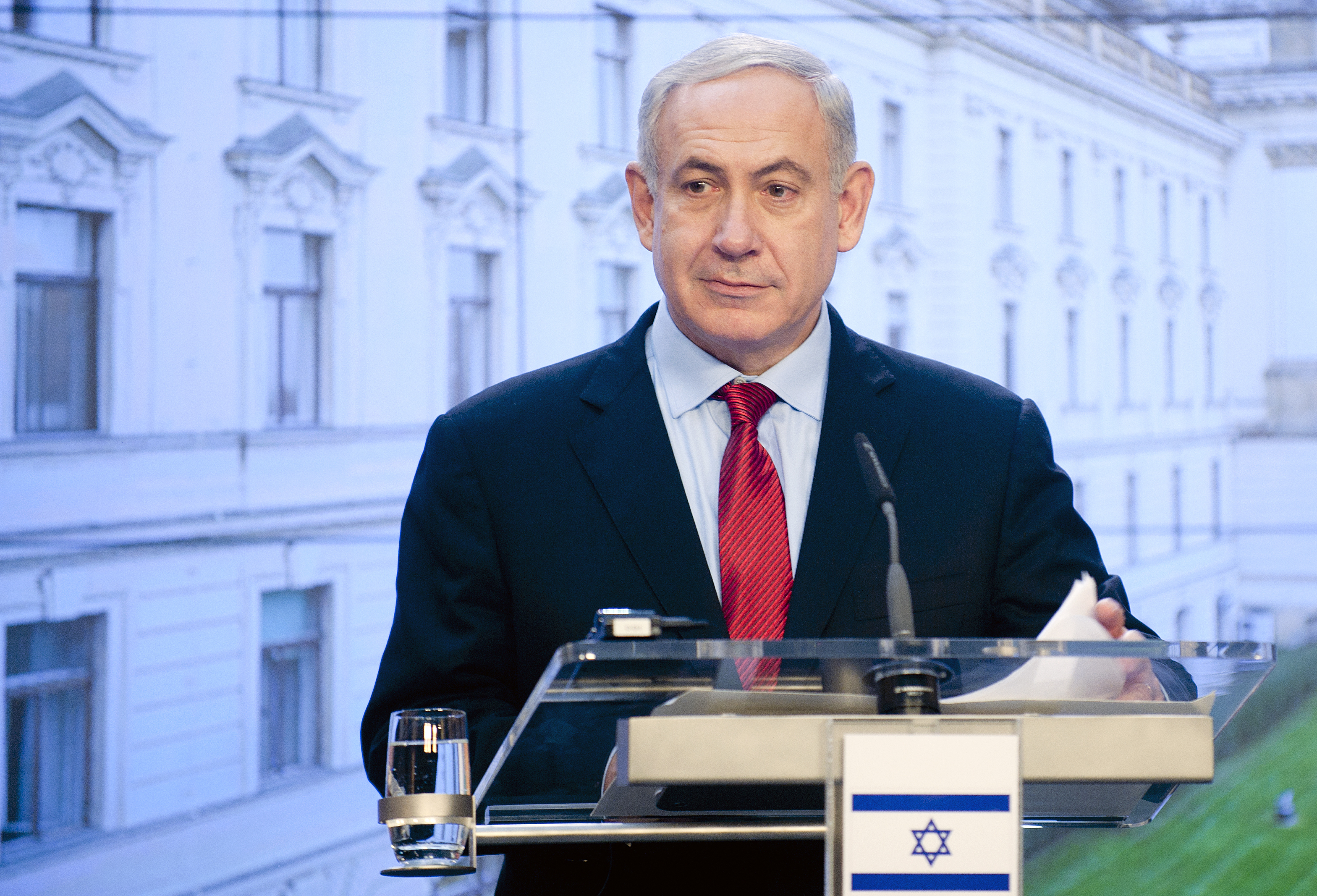
Phyllis Bennis says forces aligned in opposition to the Iran Framework Agreement in the U.S., Israel and Saudi Arabia would rather see war than a deal that brings Iran out of sanctions and back into play as a regional power.
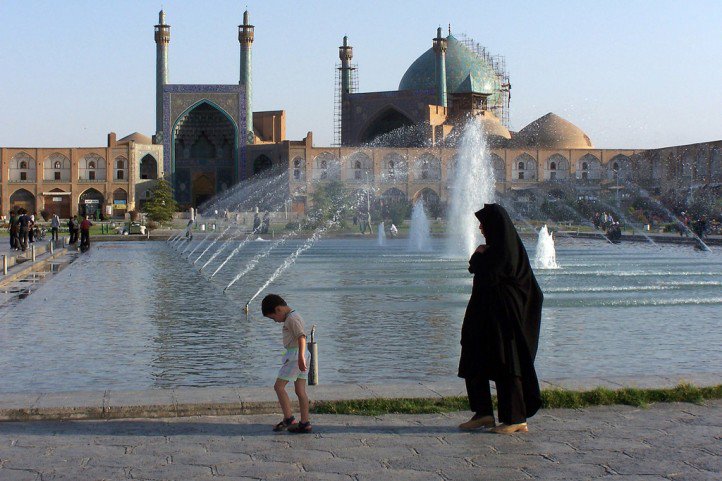
Rare are the moments when enormously complex situations lend themselves to unambiguous yes-or-no answers. This is one of them.
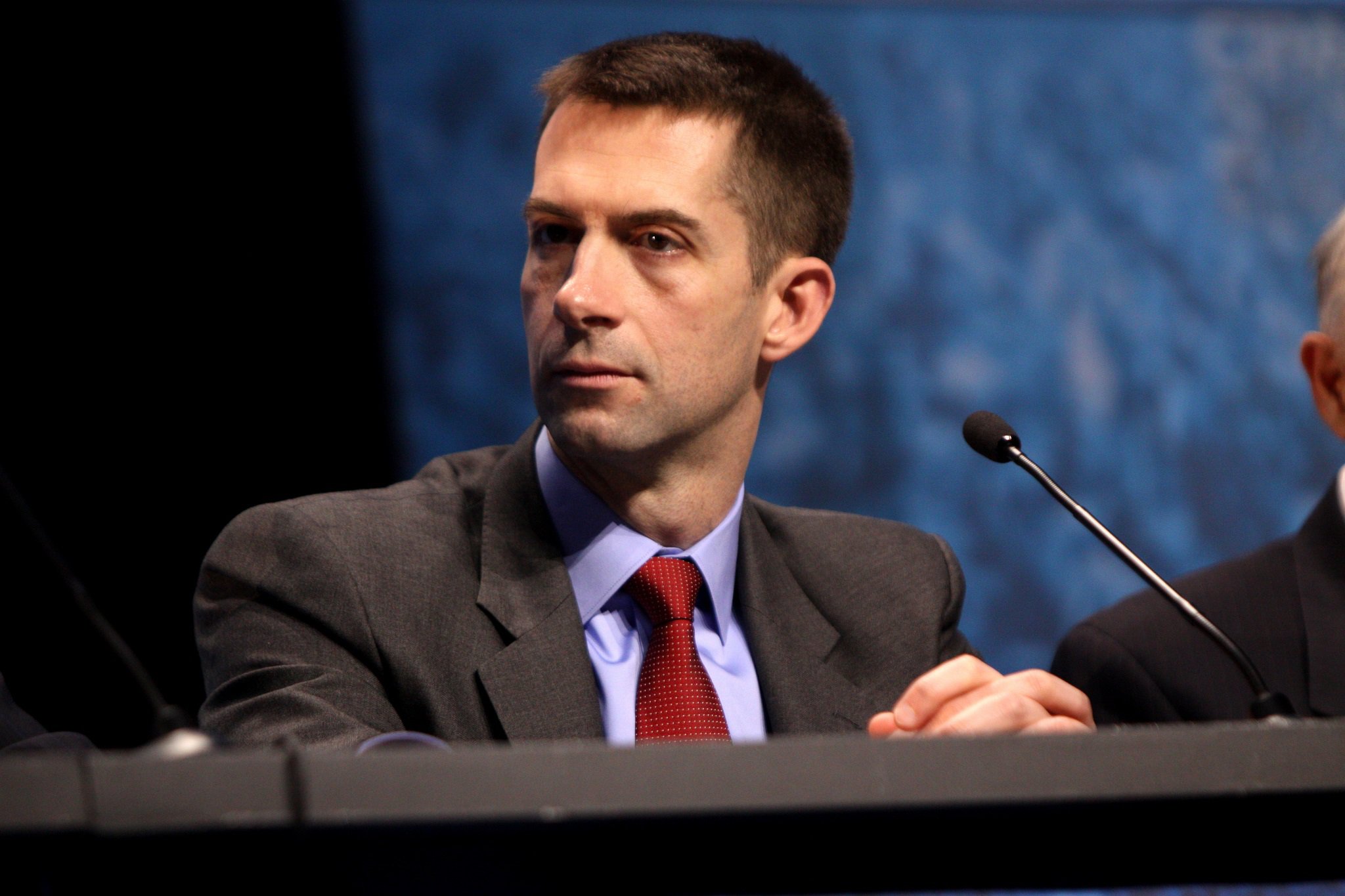
The Senate GOP’s letter to Iran was an act of vengeance for their discredited code of honor: neoconservatism.
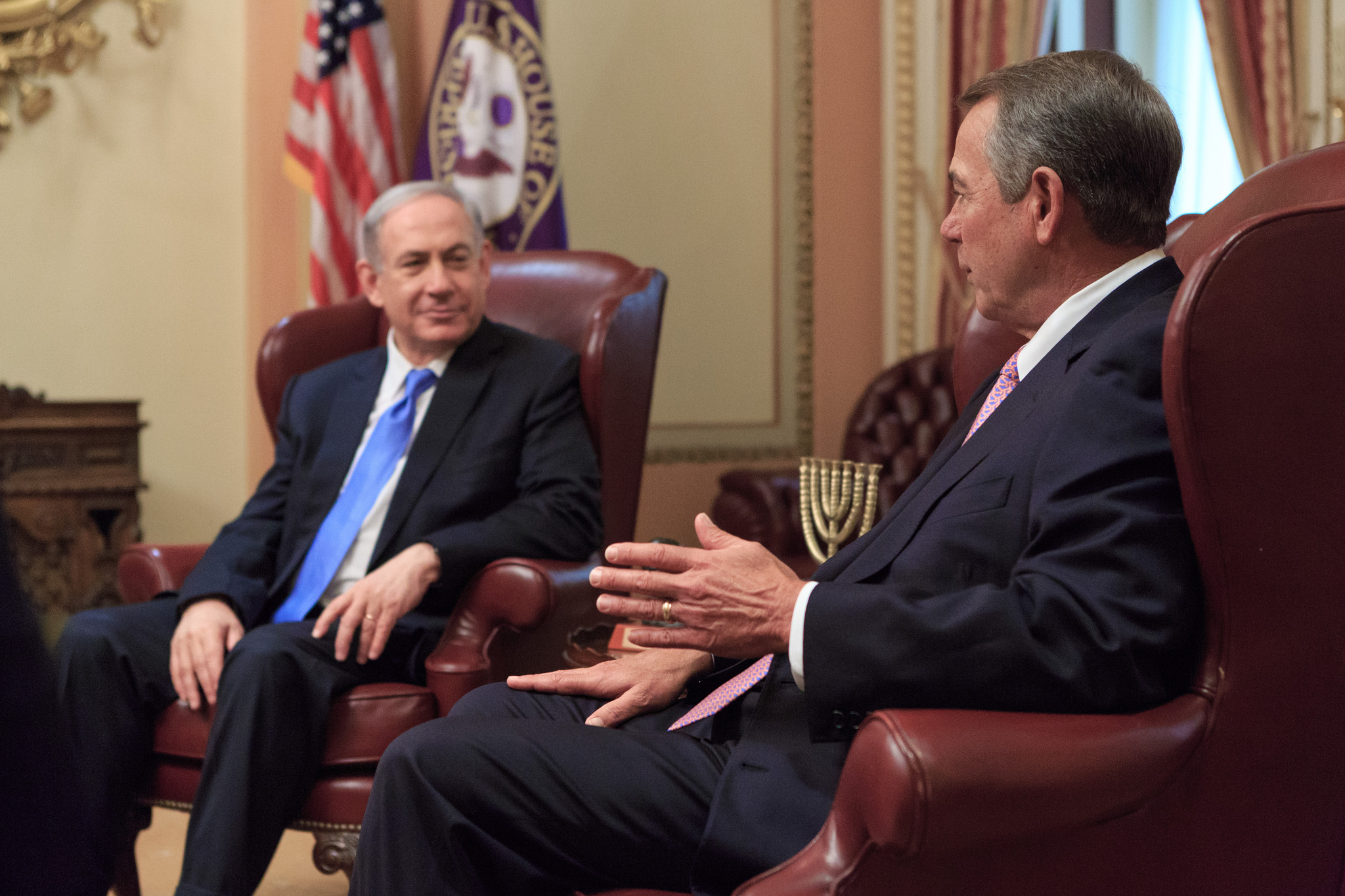
“What we’re looking at right now is the possibility of changing the U.S.’ uncritical support of Israel — for the first time,” says Phyllis Bennis on Al Jazeera.
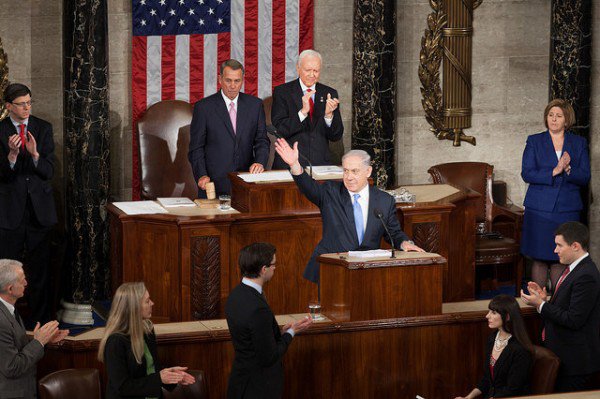
Nearly 60 lawmakers did the right thing by skipping the Israeli prime minister’s speech on Iran.

The latest effort examine and reform the U.S. nuclear weapons complex is being dominated by the interests of weapons contractors.
Phyllis Bennis, Director of the New Internationalism project, discusses U.S. support of Israel as the deadline for Iran’s nuclear talks approaches on Al Jazeera.
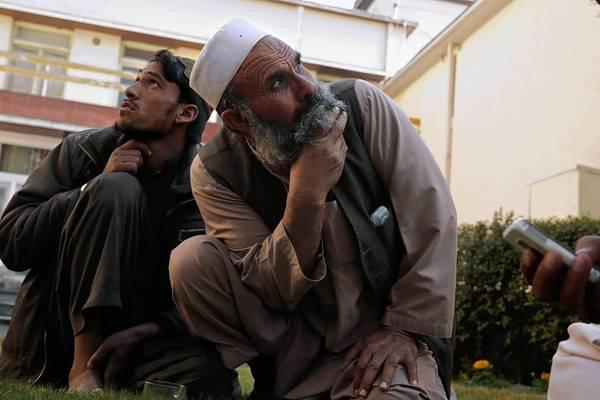
Could we be seeing the rising role of diplomacy instead of military force as the basis of U.S. foreign policy?